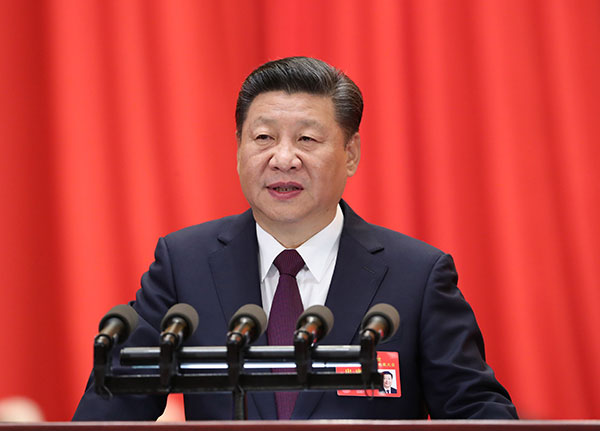Amb. John Leighton Stuart was a central figure in U.S.-China relations until his recall in 1949, when the United States broke diplomatic relations. His ashes were interred in at his childhood home in Hangzhou in 2008, with the assistance of then-Zhejiang Party Secretary Xi Jinping, now China’s powerful President.

Stuart was the first president of Yenching University in Beijing and became the United States Ambassador to China in 1946. He was recalled in 1949 when the U.S. cut off diplomatic ties with China. Stuart, whose parents were American missionaries, was born and raised in China. He died in Washington in 1962. Ambassador Stuart stipulated in his will that his final wish was to be buried in China.
Beatrice Camp was the Consul General in Shanghai from 2008-2011 and recalls how John Leighton’s final wish was largely fulfilled due to the intervention of then Party Secretary Xi Jinping, who made the arrangements for Stuart to be buried in China. Below is an excerpt from the collection “Shanghai Stories” which was published in 2013.
Follow the links to read more about China, or to access the full text of “Shanghai Stories” or Beatrice Camp’s full oral history.
CAMP: I was also inspired by events during my first months that indicated an interesting change in official post-1949 Chinese hostility to two old hands: author Pearl Buck and Yenching University founder/U.S. Ambassador John Leighton Stuart.
In November 2008 I accompanied Ambassador Randt to Hangzhou for the interment of the ashes of John Leighton Stuart, who was the U.S. ambassador in Nanjing when relations were broken in 1949. Mao later wrote an essay titled: Farewell, Leighton Stuart!, basically saying “good riddance” to Stuart’s departure. General John Fugh, whose father had vowed to fulfill Stuart’s wish to be buried in China, credited the Hangzhou burial to the intervention of then-Zhejiang Party Secretary Xi Jinping. At the gravesite we were surprised to hear “Amazing Grace” followed by the “Star Spangled Banner”; a group of elderly Yenching grads confessed they had hidden a tape recorder in the bushes, figuring that the Hangzhou waiban would not provide any musical accompaniment. Like Buck’s home in Zhenjiang, the childhood home of the once-reviled John Leighton Stuart has now been made into a museum that tourists can visit.
